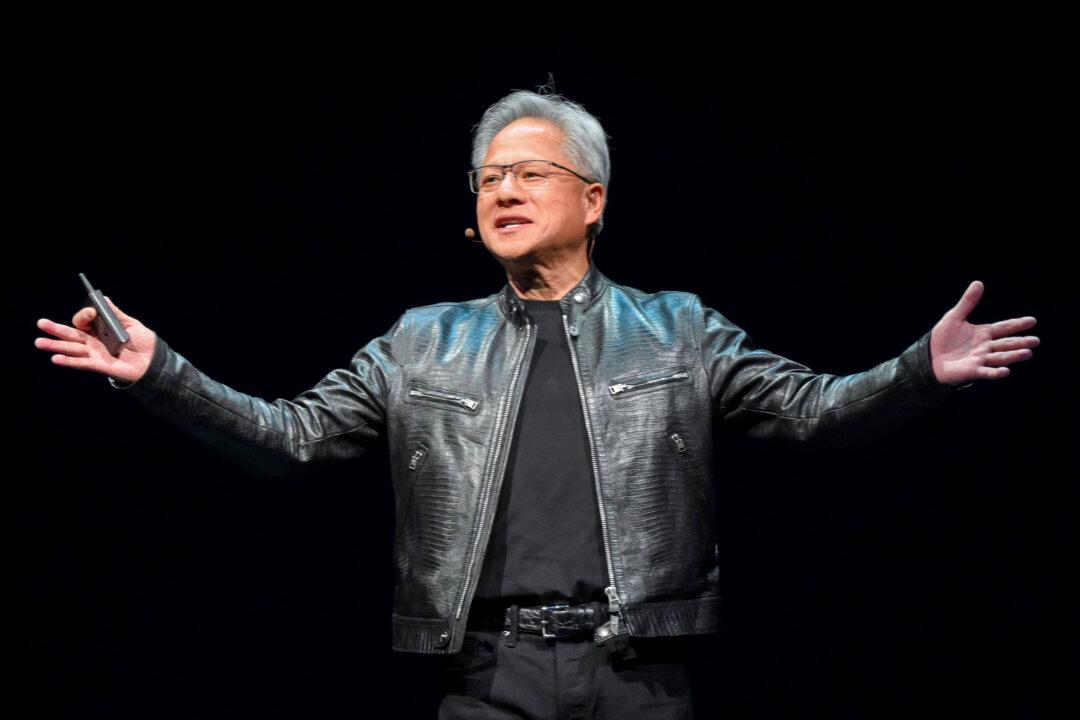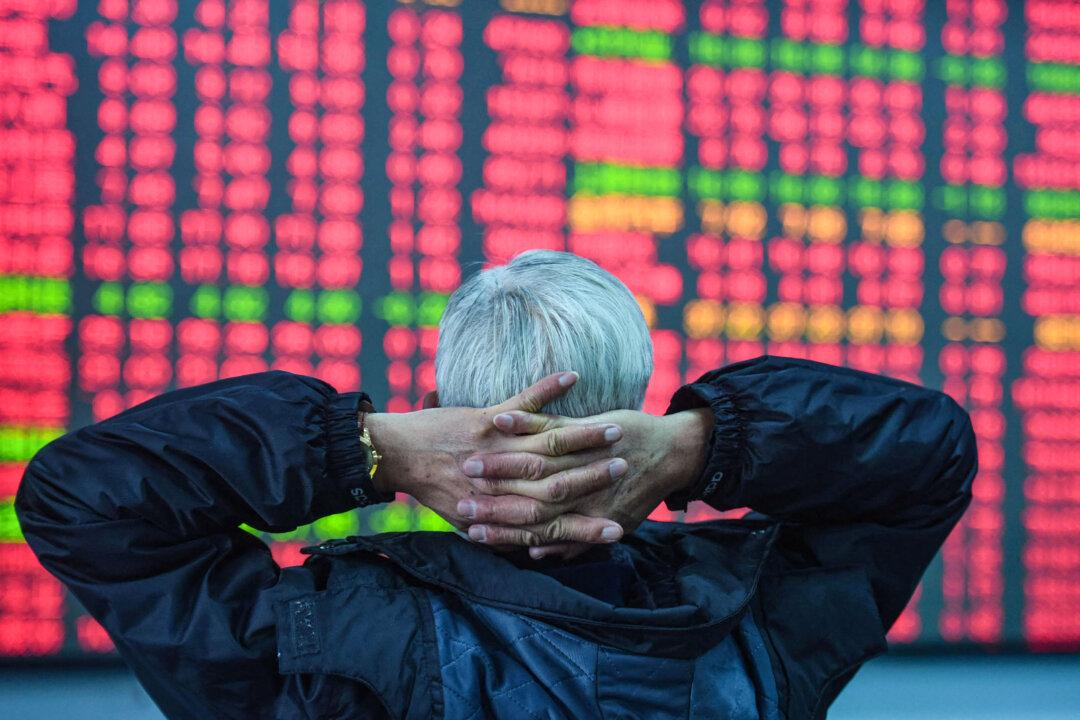News Analysis
In June, U.S. semiconductor giant Nvidia briefly surpassed Microsoft and Apple in market value, becoming the world’s most valuable publicly traded firm. This landmark achievement also marks the first time a company led by a Taiwanese-American topped the U.S. market value rankings.





